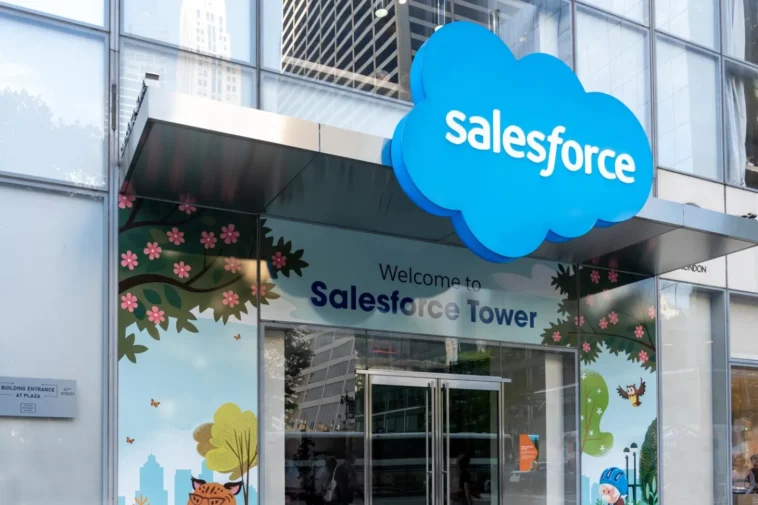Global technology leader Salesforce has unveiled its strategic entry into Nigeria, marking a significant expansion of its African footprint. The company, renowned for its customer relationship management (CRM) solutions, is taking an unconventional approach by prioritizing talent development over immediate market penetration.
Nigeria’s position as Africa’s most populous nation, coupled with its youthful demographic, makes it an attractive destination for tech investment. The country contributes significantly to Africa’s under-25 population, which currently exceeds 60% and is expected to represent 42% of global youth by 2030.
Salesforce’s Senior Talent Program Manager, Ursula Fear, emphasizes the company’s commitment to fostering local expertise. The tech giant has already established legal entities in South Africa and Morocco, while building momentum in Kenya and Egypt. Their entry into Nigeria began with recruiting a business development lead, signaling their serious intentions for the market.
The company’s product portfolio extends beyond its flagship CRM platform. Their offerings include widely-used tools like Slack for communication and Tableau for data visualization, alongside specialized solutions such as Marketing Cloud, Commerce Cloud, and their latest AI-powered innovation, AgentForce. This diverse ecosystem has already yielded results, with Salesforce securing its largest African Slack client within three months of entering Nigeria.
Central to Salesforce’s strategy is the Trailblazer Community, an autonomous network supported by company resources. This community operates through Trailhead, a free e-learning platform that offers gamified professional education. The platform provides comprehensive training in technical skills and essential soft skills, with content updated quarterly to match industry demands.
Success stories are already emerging from this initiative. Nigerian-born Dangsenpenan Nokshuwan transitioned from a project manager to a Salesforce Business Analyst in the UK through the platform. His journey led him to establish a local community in Nigeria, culminating in the recent West Africa Dreamin’ conference in Lagos.
Salesforce’s commitment extends beyond individual training. The company follows a 1-1-1 model, dedicating 1% of its equity, product, and employee volunteer hours to community building. Every employee contributes seven days annually to community service, demonstrating the company’s holistic approach to development.
The company acknowledges the persistent challenges of unemployment and skill placement. However, through partnerships with local businesses and banks, Salesforce is working to create sustainable pathways for trained talent. While immediate plans for local currency transactions aren’t in place, the focus remains on developing a robust talent pipeline that can contribute to both local and global tech ecosystems.
This strategic approach represents more than market expansion – it’s an investment in human capital that aims to empower Nigerians to participate meaningfully in the global digital economy. Through this initiative, Salesforce is positioning itself as a catalyst for tech education and workforce development in Africa’s largest economy.
 We just launched our WhatsApp channel. Want to get the latest news from the Tech in Africa?
We just launched our WhatsApp channel. Want to get the latest news from the Tech in Africa?



